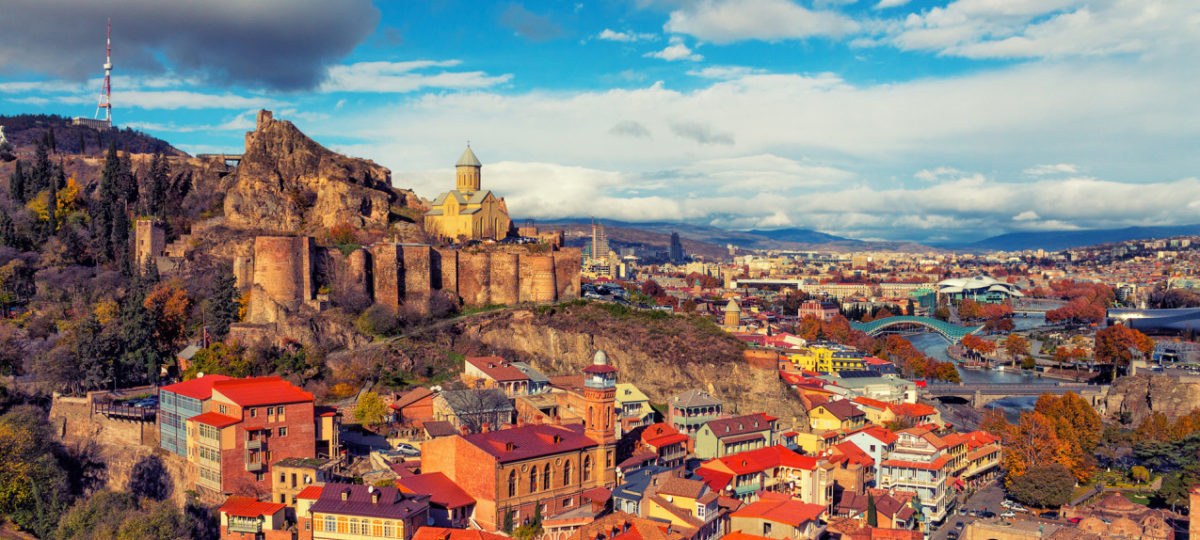Russian neighbor seeks to join European Union (Part 1 of 5)
Since the beginning of the Russian invasion of Ukraine last February, there has been a renewed desire for the expansion of Western organizations like the EU and NATO to encompass hopeful members which are also under threat from the belligerently bold regime of Russian President Vladimir Putin. An ironic twist of fate for the Russian side, which has long decried the enlargement of NATO and the EU into countries which border Russia. Seeing the expansion of unfriendly Western institutions as a threat to their national security; using Ukraine’s potential accession to NATO and the EU as a casus belli for its invasion. Now that Russia has attempted to see its threat through, many countries view that the only way to preserve their own sovereignty is to swiftly join those Western institutions. Accession to NATO brings the promise of military protection, provided by the security pact’s hegemonic umbrella. Likewise, accession to the EU would entail a shift away from Russia’s economic sphere of influence and greater interdependence with the EU.
One hopeful EU member is Georgia, a small country in the Caucasus Mountains that lies just south of Russia. In 2008, Russia-backed separatist movements declared the independence of two Georgian provinces, Abkhazia and South Ossetia. Shortly after, the Russian military began what was called a ‘peace enforcement operation’ to take out the whole of the Georgian government and secure the independence of these two breakaway regions. After less than two weeks of fighting, a ceasefire was negotiated, leaving the conflict “frozen,” with Abkhazia and South Ossetia remaining under de facto separatist and Russian military control but without Georgia relinquishing its claims to the territories. The Russian strategy of using separatist movements, often engineered by the Kremlin itself, then invading under the pretext of humanitarian concerns is one that was mirrored in the 2014 annexation of Crimea and the so-called ‘special military operation’ into Ukraine in February 2022. Since 2008, Georgia has wrestled with polarizing internal debate over its relations with Russia and its potential accession to the EU. The country’s politics have been beset by Russian meddling and domestic actors with a personal stake in positive Georgia-Russian relations. Just two weeks after the Russian invasion of Ukraine, Georgia rushed to put forward its EU accession application only to be deferred by the European Commission until necessary governmental reforms are made.
In order to further understand the situation in Georgia and the country’s relationship with Russia, I sat down with Evija Kotan, the Deputy Head of the political section at the European Commission’s Delegation to Georgia, to discuss Russian influence, accession to the EU, and the future of Georgia. The European Commission is the executive branch of the European Union and is the organization which vets the applications of potential EU member states for accession.
My in-person interview with Ms. Kotan will appear in the next four issues of Luso Americano. (Part 2 of this 5 part series of articles will be published in the next edition on 10/07/22).


